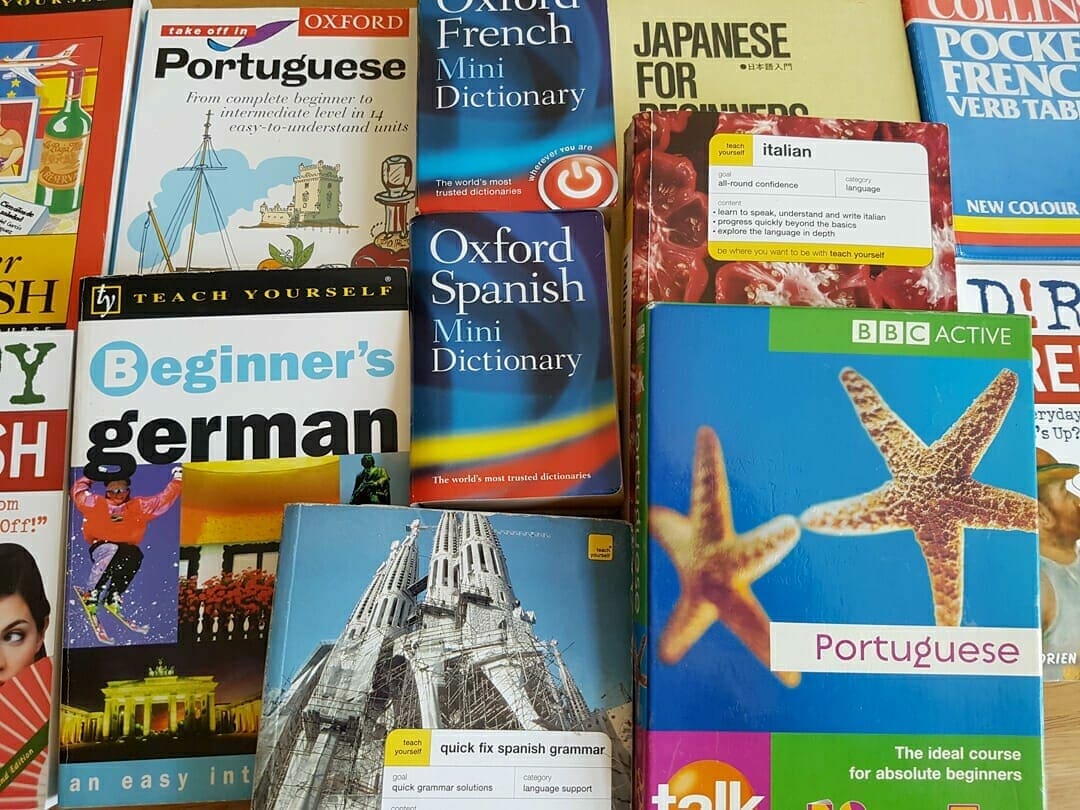
There is no simple answer to learning a language quickly and effectively, because we all “think different.” Before you ask how much differently, consider that in today’s world, there are over 7,000 languages to pick from.
How to successfully achieve fluency in our language of choice (that includes the one you speak already), likely depends on personal style. Despite all the claims made by “Rosetta Stone” and other language programs, for most of us, learning a new language does not always come easy, unless you happen to be an infant. In fact, after infancy, the stimulation of a second language actually creates neural pathways similar to those acquired when one learns how to juggle.
Yet despite the inevitable difficulties, with good reason, we might possess an inexplicably ardent desire for fluency in foreign languages at an adult age. Let’s face it. The human brain wants a challenge and learning a language gives it a healthy dose of that. Common myths suggest learning more than one language causes confusion, schizophrenia, and dual personalities, but I beg to differ.
There is real evidence that learning a language improves our cognitive abilities, promotes intelligence, improves memory, as well as problem-solving and attention skills — all simultaneously (according to the American Council on the Teaching of Foreign Languages), and may even help prevent age-related brain diseases like Alzheimer’s and dementia. In fact, a Swedish MRI study showed that studying a language for just three months can cause growth in the hippocampal region of the brain, the regions necessary for acquiring language and forming long-term memories.
What’s more, language centers in the brain actually grow as a result of successful language learning. Even our listening skills get a boost. The brain has to work harder to distinguish sounds in different languages, helping us become better communicators, even in our first language. That’s because learning a language draws our attention to the abstract rules and structures of languages in general.
There are plenty of logical reasons language is good for digestion, but what about our emotional and social selves? Language study makes us smarter people and opens us up to a world of possibilities. According to the great emperor Charlemagne, having another language means possessing a second soul.
Once you’ve achieved basic mastery in your language of choice, foreign cultural nuances that would have left you befuddled become a well for understanding people.
With increased language skills, the “feeling left out” phenomenon hopes to be slightly less exaggerated. To say the least, learning a new language powerfully expands our horizons. Just think of the possibilities. We might prioritize the following strategies.
First, interacting with your language daily without traveling. You suddenly have a good excuse to read, listen to, and otherwise interact with foreign media. Spiked interest in anything foreign, by virtue of its foreignness, expands our outlook on the world, because the world we are interacting with gets bigger.
Second, Skyping for daily practice. Countless websites function as language cafes and communities. An obvious opportunity to make friends or interact with new people is bound to increase our worldliness.








